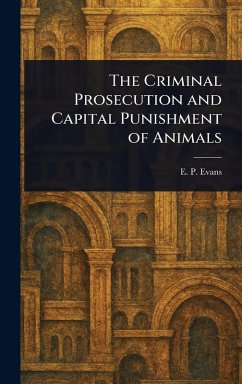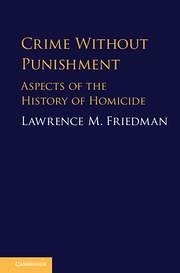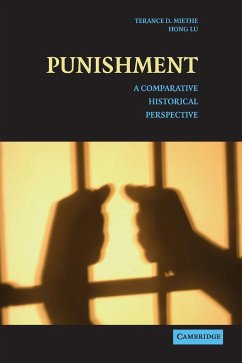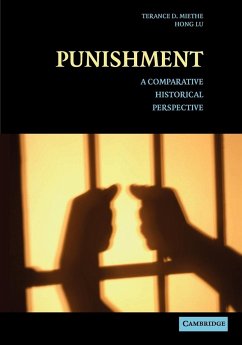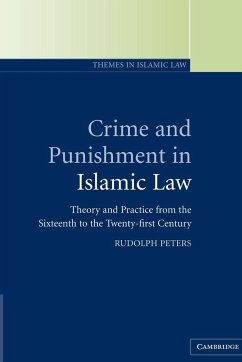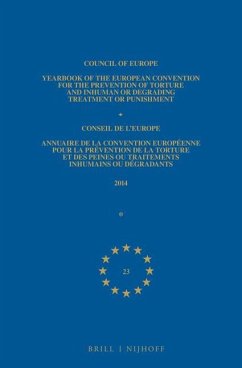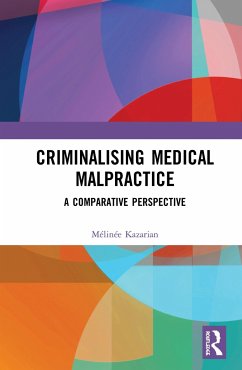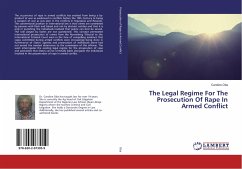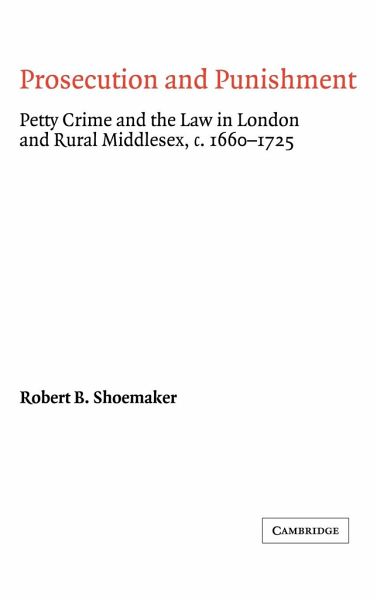
Prosecution and Punishment
Petty Crime and the Law in London and Rural Middlesex, C.1660 1725
Herausgeber: Fletcher, Anthony; Guy, John
Versandkostenfrei!
Versandfertig in 1-2 Wochen
147,99 €
inkl. MwSt.

PAYBACK Punkte
74 °P sammeln!
The law was one of the most potent sources of authority and stability in early modern England. Historians however, have argued over whether the discretion and flexibility embodied in the judicial system was used as a method of social control, and by focusing their attention on felonies and on the action of the protagonists in judicial decisions they have tended to ignore rich sources of information concerning attitudes towards and experiences of the law. Misdemeanour prosecutions affected many more people (and a broader social variety of participants) than felony prosecutions, and in their cho...
The law was one of the most potent sources of authority and stability in early modern England. Historians however, have argued over whether the discretion and flexibility embodied in the judicial system was used as a method of social control, and by focusing their attention on felonies and on the action of the protagonists in judicial decisions they have tended to ignore rich sources of information concerning attitudes towards and experiences of the law. Misdemeanour prosecutions affected many more people (and a broader social variety of participants) than felony prosecutions, and in their choice of methods of prosecution both victims and Justices of the Peace exercised considerably greater flexibility in responding to petty crimes than they did with felonies. This book examines the day-to-day operation of the criminal justice system in Middlesex from the point of view of plaintiffs and defendants, and offers an assessment of the social significance of the law in preindustrial England. The book includes important discussions of the different methods, both formal and informal, of prosecuting petty crimes; of the importance of status, gender, and individual Justices of the Peace in shaping access to the law; of the attempts by the Societies for the Reformation of Manners from 1690 to manipulate the judicial system in order to enforce systematically the laws against vice; and of the contrasting prosecutorial strategies adopted in rural Middlesex and in different parts of London. The book is based on a careful statistical analysis of thousands of recognizances, indictments, and house of correction commitments, and will be of interest and importance to all social, legal, and London historians of the early modern period.
Table of contents:
List of illustrations; List of tables; Acknowledgments; List of abbreviations and conventions; Part I. Background: 1. Introduction; 2. Options for prosecution; 3. Patterns of prosecutions; Part II. Procedures For Prosecution: 4. Informal mediation by justices of the peace; 5. Binding over by recognizance; 6. Indictment at quarter sessions; 7. Houses of correction; Part III. The Contextx of Misdemeanor Prosecutions: 8. The participants: plaintiffs, defendants, and justices of the peace; 9. The reformation of manners campaign; 10. Geographical contexts; 11. Conclusion; Appendices; Bibliography; Index.
In contrast to most recent scholarly work on the criminal justice system in early modern Britain, which has focused on felonies, or serious crimes, this book concentrates on misdemenours, or petty crimes, and the day-to-day operation of the criminal justice system in both urban and rural settings. The book outlines the ways in which men and women used and experienced the judicial system of the day, in an attempt to assess the social significance of the law in preindustrial England.
This book examines the day-to-day operation of the criminal justice system in Middlesex from the point of view of plaintiffs and defendants, and offers an assessment of the social significance of the law in preindustrial England.
Table of contents:
List of illustrations; List of tables; Acknowledgments; List of abbreviations and conventions; Part I. Background: 1. Introduction; 2. Options for prosecution; 3. Patterns of prosecutions; Part II. Procedures For Prosecution: 4. Informal mediation by justices of the peace; 5. Binding over by recognizance; 6. Indictment at quarter sessions; 7. Houses of correction; Part III. The Contextx of Misdemeanor Prosecutions: 8. The participants: plaintiffs, defendants, and justices of the peace; 9. The reformation of manners campaign; 10. Geographical contexts; 11. Conclusion; Appendices; Bibliography; Index.
In contrast to most recent scholarly work on the criminal justice system in early modern Britain, which has focused on felonies, or serious crimes, this book concentrates on misdemenours, or petty crimes, and the day-to-day operation of the criminal justice system in both urban and rural settings. The book outlines the ways in which men and women used and experienced the judicial system of the day, in an attempt to assess the social significance of the law in preindustrial England.
This book examines the day-to-day operation of the criminal justice system in Middlesex from the point of view of plaintiffs and defendants, and offers an assessment of the social significance of the law in preindustrial England.





